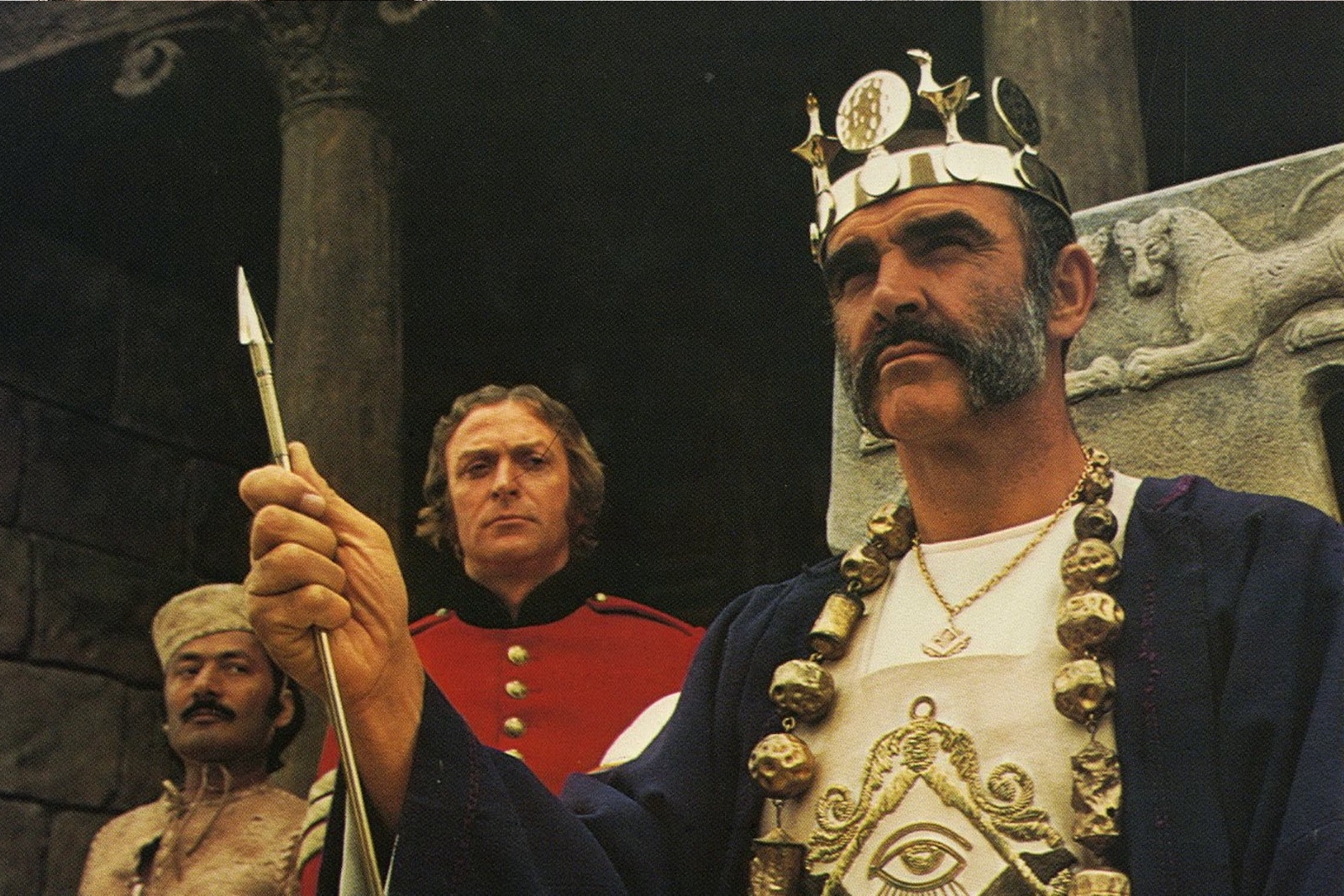
The Man Who Would Be King of Libya
For years, “a multimillionaire and a shadowy presence in [the] world of Middle Eastern finance”– Idris bin Abdullah al-Senussi– snuck his way into cocktail parties, dinner parties, a company owned by the Chinese Communist Party, really all sorts of parties, by claiming that he is the Crown Prince of Libya. The claim is obscure enough that many would not bother to fact-check. Yet the smallest amount of homework shows his ‘claim’ is, in fact, a layer-cake of lies and obfuscations. It is an incredible story.
Libya has not had a monarchy since 1969, when Muammar Qaddafi overthrew the country’s founding monarch and head of the Senussi family King Idris, instituting a military dictatorship that lasted for 42 years. But years before Idris was toppled, in 1953, he appointed his brother Muhammad the Crown Prince. After Muhammad’s death in 1956, he appointed Muhammad’s son, Hasan, to replace him. Hasan was meant to take over as King of Libya and head of the Senussi family on September 3, 1969. Just two days before, on September 1, Qaddafi ended the monarchy. But he did not end the Senussi family. Idris died in exile in 1983. Hasan succeeded him as head of the family and remained Crown Prince, thus retaining the prerogative to choose his own successor. He chose his son, Muhammad al-Senussi, who is today’s rightful heir to the throne. So where does Idris fit into the story?
To quote Debrett’s Peerage, perhaps the world’s leading authority on all things royal, Idris is the “second son of the sixth son of the younger brother of King Idris’s father.” Indeed, the relationship is so distant that, by Libyan law, Idris is not even entitled to call himself a Prince. Of course, Idris must know this. But this has not stopped him from taking advantage of the ignorance of others and creating what amounts to a fake persona for personal gain.
Idris has immodestly and frequently proposed himself as the only consensus figure capable of unifying Libya. Insisting that he is the Crown Prince was, for a while, meant to pave his way to becoming King. He seriously wanted to be taken seriously, and personally spent hundreds of thousands of pounds on lobbying efforts to get gullible politicians to parrot his claim to being the heir to King Idris’s throne. These efforts included hefty fees paid to Pinpoint Public Relations, run by Tim Janman, a former Conservative Member of Parliament, as well as to Thunderbolt, another PR firm. They were so extensive that in July 1995 they drew the attention of the Times of London, which conducted an in-depth investigation into the con man, titled the “Great Illusionist Who Ran Out of Luck”.
The investment was worthwhile: The fake title earned him hundreds of thousands in directorship fees, “with various multinational companies in the U.S. and continental Europe in the areas of real estate, petroleum, electrical transmission lines, sewage treatment plant, oil, and gas.” But his greatest political success was modest: 41 British MPs recognized Idris as “heir presumptive of the Libyan throne.” But of course, they ended up recanting once Idris’s bogus claims ended up in a British court.
In 1995, a UK court case– the details of which it is uncannily difficult to track down on the Internet but can be found in web archives as well as in the Times article – completely shot down Idris’s claims, the presiding judge simply stating: “My ruling is that the world of make-believe has totally absorbed Mr. Idris Al-Senussi in this case.” Having been charged with figuring out the truth, the judge ruled that “the clear evidence, in this case, says that Crown Prince Muhammad, son of the last Crown Prince of the Kingdom of Libya, has a stronger case” and that the case of Idris “is, therefore, a case of hope exceeding expectation.”
The case further shot down absurd lies that Idris bandied about, such as the claim that Idris stayed with the Queen’s cousin, Prince Michael of Kent, in France (“Prince Michael has not recently stayed with Mr. Idris al-Senussi in France, there are no plans to spend a holiday with him in the future”) or that they were ‘best friends’ (“Prince Michael of Kent wishes it to be known that he has no connection with Mr. Idris Abdullah al-Senussi and is not associated with either him or his cause…Mr. Idris al-Senussi cannot be described as Prince Michael’s best friend”). It was utterly embarrassing, leading Idris to leave the country and to instead set up shop elsewhere. Until the 2011 revolution.
A cursory search of the Internet shows that in 2011, Idris reared his head again to position himself as an advocate for the Libyan people on prime-time television, likely asking lobbyists to secure him spots on CNN and Fox News. The media attention led a few diligent journalists to look into the matter: A 2011 article by the Telegraph on the subject yet again reaffirmed, “The Senussi family tree shows that [Idris] is only distantly related to King Idris, the last monarch of Libya who died in 1983.” But perhaps the vilest of Idris’s tricks was to attempt a deal with Saif al-Islam Qaddafi, the son of the late dictator. The plan, which inevitably failed, would have seen Idris succeeding to the Libyan throne and Saif al-Islam becoming prime minister. Of course, the plan was to no avail.
As the situation in Libya continues to deteriorate, with long-anticipated elections on December 24 indefinitely delayed, we should expect to hear more from perhaps the biggest fraudster in modern Libyan history. With so many uncertainties and foreign actors currently railing in Libya, jockeying for power and derailing Libya’s delicate democratic transition, the last thing Libya needs is Idris bin Abdullah al-Senussi selling the Libyan people’s national interests to the highest bidder in order to satisfy his ego and fill his own pockets. Western policymakers must be wary of who they engage with on the Libya file as if one thing can be learned from the case of Idris, it is that even merely engaging with such a con man can give him exactly the sort of legitimacy boost he requires to thrive. Idris indeed gives the term “pretender” to the throne an entirely new meaning.

